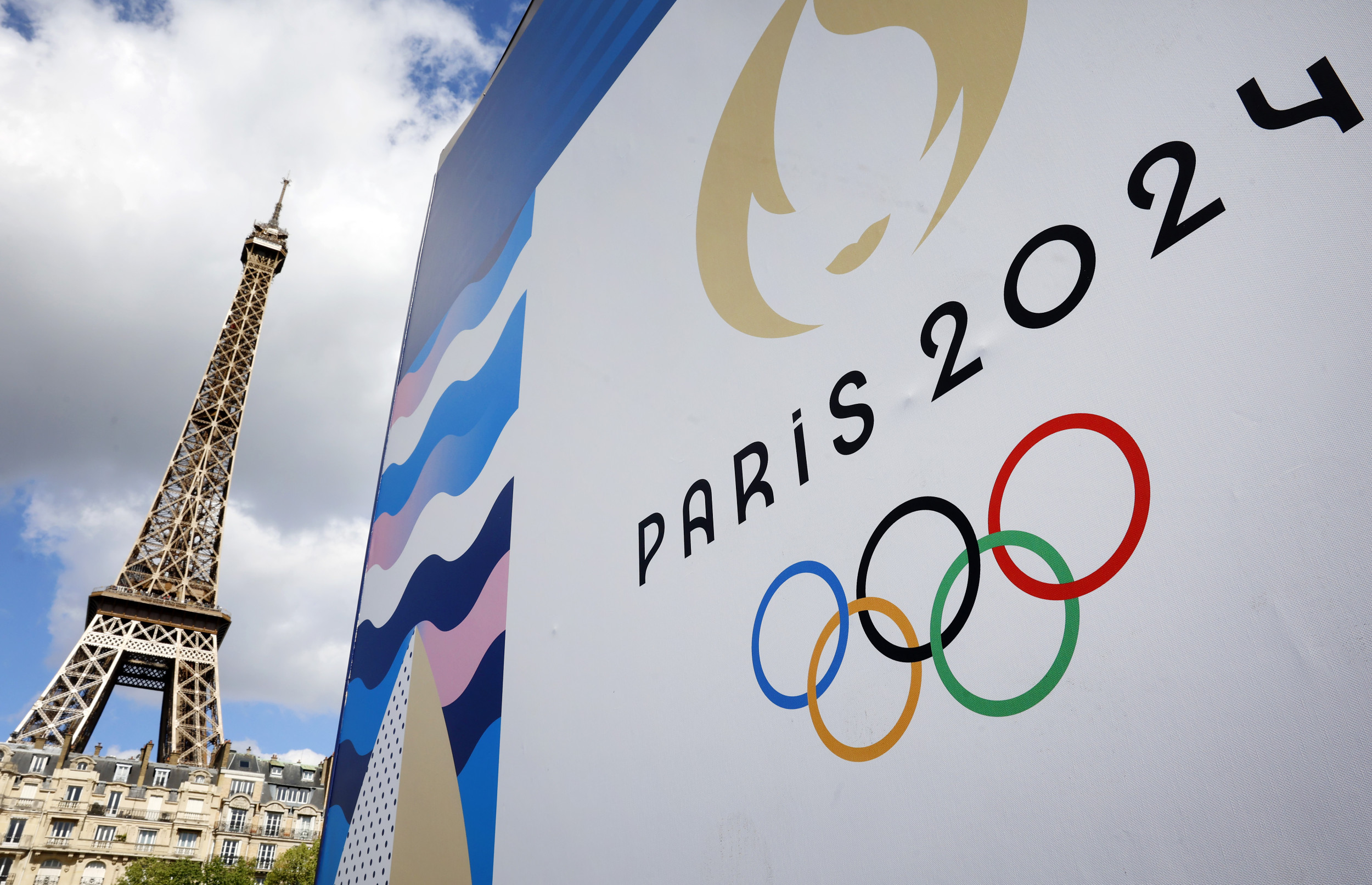Anzhela Bladtceva, a Russian trampolinist competing as a neutral athlete at the Paris Olympics, shared that “no one in the Olympic village has been against us,” amid the ongoing controversy surrounding their participation. Her statements to Reuters highlight the unique position of athletes from Russia and Belarus, who were banned from competing under their national flags due to the conflict in Ukraine.
Following Moscow’s invasion of Ukraine, the International Olympic Committee (IOC) allowed a total of 32 athletes from these nations to compete as individual neutral athletes. They had to undergo a vetting process to confirm they did not support the war.
Bladtceva emphasized that despite the controversy, she has not sensed any hostility from fellow competitors. “Everyone was glad we still came, even if there are only 15 of us here,” she said. She finished fifth in the women’s trampoline final.
This marks a notable shift in Olympic participation, as the IOC has historically banned entire nations but is now allowing individuals from Russia and Belarus to compete while distancing them from any national affiliation. This is not the first time the IOC has permitted athletes from countries in political turmoil; Russian athletes previously participated in the 2018 and 2020 Olympics under different designations due to past doping scandals.
However, the selection of athletes for the neutral category was not universal. Only those who passed a security screening demonstrating a lack of support for the war were invited, raising questions about the criteria used and the challenges of interpretation.

The broader sporting community appears largely in favor of the IOC’s decision, albeit with concerns about setting a precedent. Barney, a sports analyst, noted that while many support the ruling, they worry about how it might affect future athlete participation and country representation at the Games. He believes that punishing athletes for their government’s actions is not aligned with the spirit of the Olympics.
Professor Stephen Wenn, an expert in Olympic studies, pointed out that there is historical precedent for neutral athletes competing, referencing instances involving former Yugoslavian athletes, among others. However, there are criticisms around the effectiveness of the vetting process, with some arguing that such attempts at neutrality may not fully account for the complex ties between athletes and their governments.
Overall, while there are various opinions regarding the IOC’s decision, the focus remains on ensuring fair play and the rights of athletes, balancing political concerns with the integrity and spirit of the Olympic Games.
